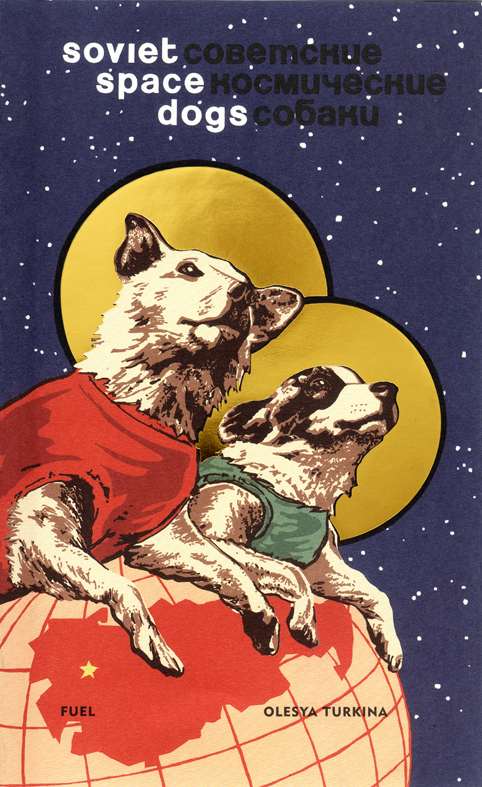Day 12 was on Thursday. The main lecture for my early Europe class was about Reformation, the Church, theological debates, Christian humanism and Desiderius Erasmus, and Martin Luther. This was all during the 1500s , of course. I don’t know what to say, really. This specific class is a bit confusing to me as there is a lot oof textbook reading although not everything in the textbook is relevant to the lectures, and so many key figures have the same name which just confuses me more. I’m worried because this course has two midterms and the first is in October, I don’t know if I’m ready for it. Hopefully we get a study guide because I wouldn’t know where to start. I do have the textbook but Ive barely read it because, well, so many pages are assigned and, again, not all of it is relevant and I honestly would just prefer reading after the lectures to make sure I’m not wasting my time when I have other classes to worry about, such as my Communist Manifesto paper for my modern Europe class and the presentation for Historiography where I have to read A People’s History of the United States which is very very thick. It is not a presentation about the summary of every chapter, it’s about Howard Zinn’s methods of historiography and where his work would fit. It’s a bit confusing and stressful as hell. If it was a paper I would be fine but I have to present in front of the class which is a nightmare scenario for me. Oh well.
Next was my modern Europe class where we began with a quiz. I am pretty sure I nailed it, if not then I just have to do well on the other two because our worst graded quiz gets thrown out. I do kinda like this as it gives students an opportunity to make mistakes, especially during a bad week. My professor for this class calls it our mulligan. When I become. Professor I might do this too, if the class I teach requires quizzes/exams. The quiz itself was multiple choice and short answer, no essay questions. At most we got fill in the blanks and “give an example of…” After the quiz she went over the essay, less about what we need to write but. How we should write, giving advice on how to structure our papers and stuff about the thesis, which was good for me since I am ASS when it comes to thesis statements. They are always so hard for me. We started the actual lecture, we went over Robespierre, the Revolutionary Tribunal, the Sans-Culottes, how the guillotine was not the main mode of killing during this time (mass drownings in Nantes and mass shootings in Lyons), conscription to bring the Terror abroad, and the cultural revolution. The last one was interesting cause I had no idea they tried changing the calendar to be more in line with enlightenment values. While the calendar didn’t succeed, the metric system did, so thats cool.

